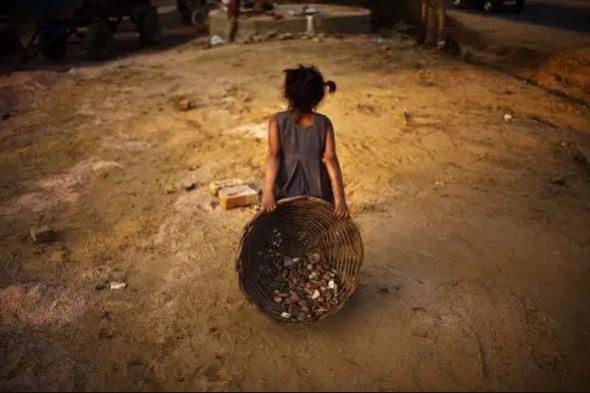
According to the first-ever SDG Gender Index that measures global gender equality, India ranked 95th out of 129 countries. The index, released on Monday, June 3, has been developed by UK-based Equal Measures 2030.
The global report, measuring efforts of countries to curb gender equality, is a joint effort of regional and worldwide organisations including African Women's Development and Communication Network, Asian-Pacific Resource and Research Centre for Women, Bill and Melinda Gates Foundation, and International Women's Health Coalition.
The new index has covered 129 countries across all regions globally and includes 51 indicators across 14 of the 17 official Sustainable Development Goals.
With just 11 years to reach the 2030 targets, according to the report, nearly 40 per cent (1.4 billion) of the girls and women around the world live in countries that fail on gender equality. The findings also indicated that no country in the world has achieved the promise of gender equality predicted in the Agenda 2030.
Calling the index as a "wake-up call to the world," Melinda Gates, co-chair of the Bill and Melinda Gates Foundation said that the progress shown by countries that have limited resources demonstrate that governments shouldn't have "excuses for inaction".
Regarding key goals such as gender equality (SDG 5) and its related consequences in industry, innovation and infrastructure (SDG 9), climate change (SDG 13) as well as public finance and gender data, the index showed that around the world, women's rights and well-being is "furthest behind" from being fulfilled.
The global average score in the index in a scale of 0-100 was 65.7. India scored lowest than the global average with 56.2 points.
Women's underrepresentation in parliament (11.8 per cent as of 2018), the gender pay gap and gender-based violence were among the areas all countries were struggling to tackle.
Only 21 countries achieved marks of 80 or above, with the top country, Denmark, achieving 89.3. Australia ranked the highest in Asia and the Pacific region group while Japan ranked the third highest in the group with achieving 21st rank. India's neighbouring countries performed better, China ranked 74th and scored 64.7 points while Sri Lanka ranked 80th with 62.1 points.
The index has ranked India at 95 among 129 countries. India performed better in hunger and nutrition (76.2), health (79.9) and affordable and clean energy (71.8), it scored poorly in goals such as partnerships for the goals (18.3), industry innovation and infrastructure (38) and climate action (43.4).
Access to education and higher studies to girls, despite provisions for universal education policies, also performed poorly. According to the report, amongst the 15-24-year-old age groups in 2012, 49 per cent of girls were not in employment education or training (NEET) compared to 8 per cent of boys.
The figures indicate that despite achieving 95.3 in scores for the percentage of female students attending primary education indicator, the literacy rate among adult woman (aged 15+ years) was only 59.3 points.
This showed that gender-based socio-cultural factors have hindered girl's abilities and rights in completing secondary education and harmed their chances in competing in the competitive labour market.
Some of the indicators used in the index are, extent to which a national budget is broken down by factors such as gender, age, income, or region (score of 0.0), extend to which a state is committed to disaster risk reduction (score of 0.0), maternal mortality rate per 100,000 live births (78.4) and percentage of women (aged 15+ years) who agree that a husband/partner is justified in beating his wife/partner under certain circumstances (53.0).

















